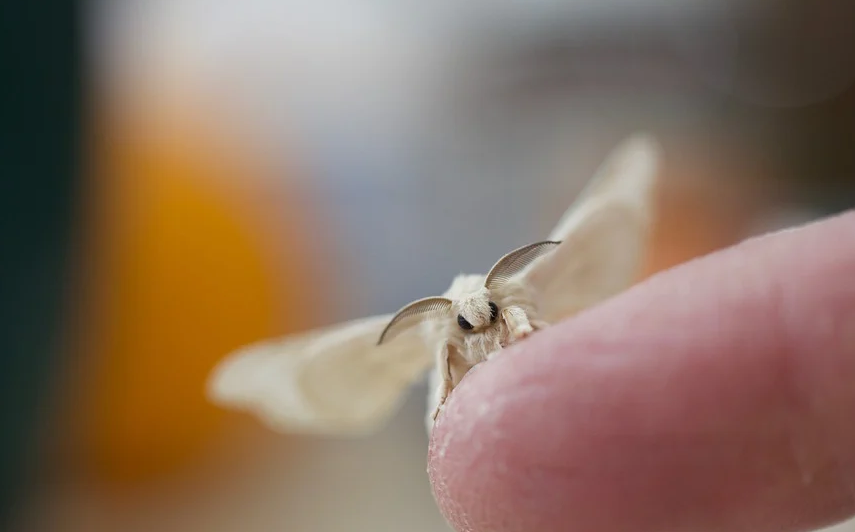Pharmaceutical Pollution Affecting Fish Behavior
New research has uncovered a troubling trend in waterways worldwide: pharmaceutical pollution is affecting fish behavior. A recent Australian study on guppies, a popular aquarium fish, revealed that exposure to Prozac, a commonly prescribed antidepressant, is significantly disrupting their natural behaviors.
Study Findings
The study, conducted by researchers at Monash University, found that even low levels of Prozac in the water have severe consequences for fish behavior and reproduction. Male guppies exposed to this contaminant are developing larger gonopodia (a fin-like organ used for fertilizing females), experiencing reduced sperm velocity, poorer overall body condition, and decreased behavioral flexibility (the ability to adapt).
Impact on Survival
The overall health of male guppies is crucial for successful mating and competition with other males, which directly impacts their chances of survival. Moreover, Prozac can interfere with the natural instincts and responses that fish rely on, potentially making them more vulnerable to predators, less efficient at finding food, and less successful at reproducing.
What Can Be Done?
-
Reduce Pharmaceutical Waste: Addressing this issue involves minimizing the amount of pharmaceutical waste entering waterways. This can be achieved through improved wastewater treatment facilities, public education campaigns, and the development of more sustainable drug disposal methods.
-
Further Research: More studies are needed to fully understand the impact of pharmaceutical pollution on aquatic ecosystems. This information can help develop targeted strategies for prevention and mitigation.







